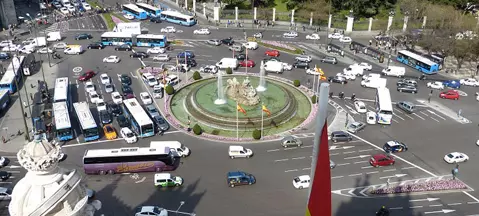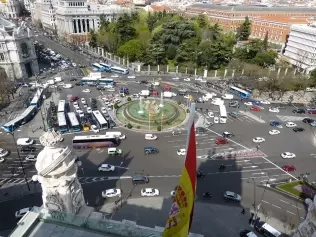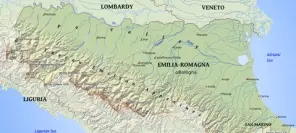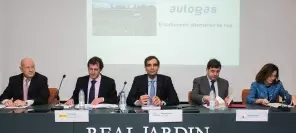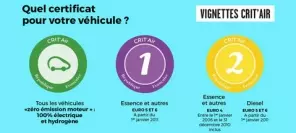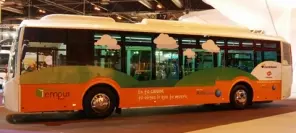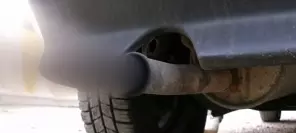- Main page
- Search
- Up to date
- Products
- Technology
- Vehicles
- Video
- Conversion Payback Simulator
Port Injection - Conversion Payback Simulator
Direct Injection - Conversion Payback Simulator
Diesel - Newsletter
Madrid limits traffic, LPG exempt
 loading results...
loading results...Like in Paris, the restriction introduced in Madrid is based on licence plate numbers – certain cars are not allowed to be used on some days, certain other ones on different days of the week. All in all, drivers are not forced to abandon their vehicles altogether, they're just not permitted to drive them everyday. Although reasonable and supporting an important cause, the regulation causes lots of inconvenience to car owners, forcing them to change their habits and use public transport instead. Unless their cars are fueled with LPG autogas – then they can use them as much as they need and desire.
Having previously adopted scenarios 1 and 2, Madrid has recently introduced scenario 3, which limits traffic by 50%. All cars with even plate numbers are banned on odd days and vice versa, while autogas-powered ones can be driven at all times. Should need arise, an even stricter scenario 4 is possible, but LPG will be exempt from that one as well. Cars fueled with LPG are also allowed to use the M-30 highway.
Autogas is an immediate response for the improvement of urban air quality and sustainable mobility. Its low NOX emissions and almost no pollutant particles make Autogas the alternative fuel of today.
José Luis Blanco, Director of the Spanish Association of LPG Operators (AOGLP)
In the long run, Madrid aims to get rid of all private cars from the city centre by the year 2019 and ban all diesels by 2025. Only local residents would be allowed to enter and park in the centre and the Gia Via six-lane road running through the city would only be used by buses, taxis and bicycles. This is just a proposal for now, but mayor Manuela Carmena is determined to push it ahead in an attempt to improve air quality in the Spanish capital.
